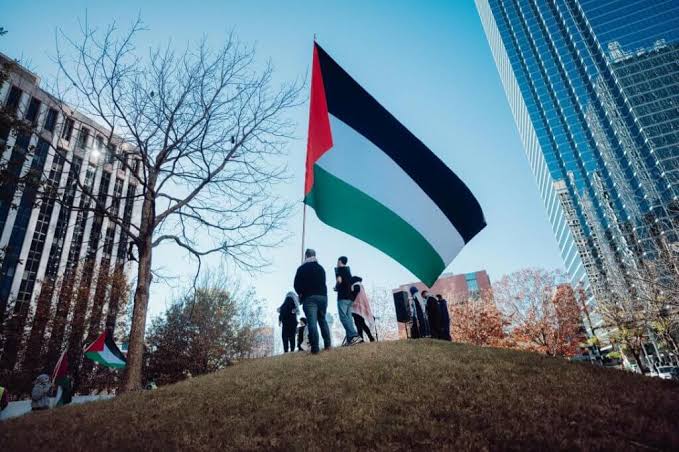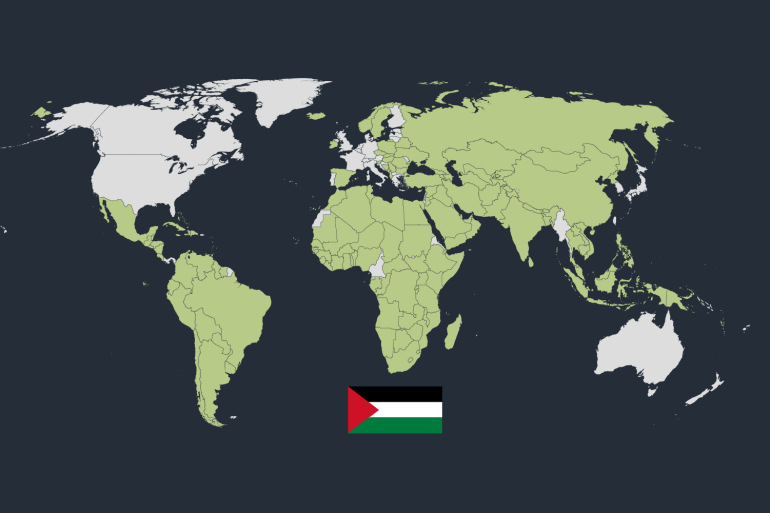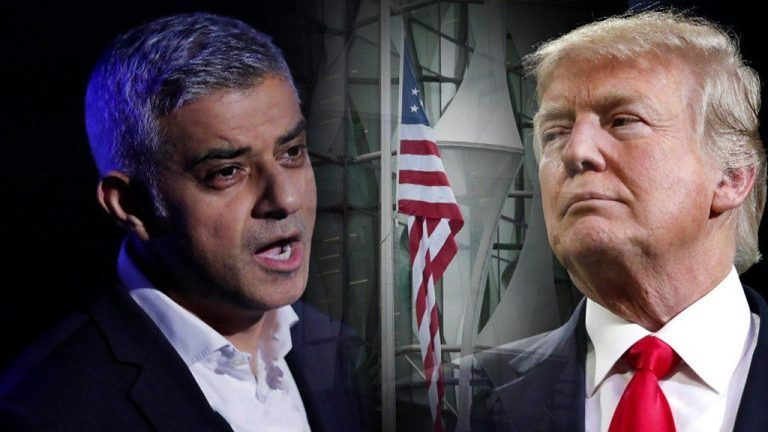
The debate over recognizing a Palestinian state has gained renewed attention in recent months, as more countries weigh the diplomatic and political consequences of such a move. While more than 140 nations, largely in Asia, Africa, and Latin America, already recognize Palestine, several key Western powers and Israel have resisted, arguing that recognition should only come as part of a negotiated peace agreement.
What Recognition Means
Recognition of a Palestinian state would mark a formal acknowledgment of Palestine as a sovereign nation alongside Israel. Such recognition could open doors to wider international participation, including full membership in the United Nations and greater access to international financial institutions. It could also provide Palestinians with stronger legal standing in global forums, including the International Criminal Court.
Supporters argue that recognition would be a crucial step toward achieving long-term peace, giving Palestinians a sense of legitimacy and equal footing in future negotiations. Critics, however, contend that unilateral recognition risks undermining direct peace talks, while leaving unresolved issues such as borders, security arrangements, and the status of Jerusalem.
Recent Moves Toward Recognition
A significant wave of recognitions has taken place in the past two years. In May and June 2024, Spain, Ireland, Norway, and Slovenia formally recognized Palestine, followed by Armenia and several Caribbean nations including The Bahamas, Jamaica, Barbados, and Trinidad and Tobago.
The momentum carried into 2025, when in September, a coordinated announcement by the United Kingdom, Canada, Australia, and Portugal marked a dramatic shift among Western powers. Days later, France, Belgium, Luxembourg, Andorra, Malta, Monaco, and San Marino also extended recognition during the United Nations General Assembly, underscoring growing European support for Palestinian statehood.
These developments brought the total number of countries recognizing Palestine to more than 160, significantly reshaping the diplomatic landscape.

Possible Pathways
Recognition could unfold through several avenues:
Individual State Decisions: Countries can unilaterally extend recognition, as seen in recent European and Caribbean moves.
Regional or Bloc Recognition: Institutions such as the European Union or the Arab League could issue collective decisions, significantly raising the diplomatic profile of the move.
United Nations Membership: Palestine currently holds “non-member observer state” status at the UN. Achieving full membership would require Security Council approval, though the United States has traditionally exercised its veto against such efforts.
Negotiated Settlement: The most widely endorsed path remains a two-state solution reached through direct negotiations between Israel and Palestinian representatives. However, ongoing disputes over territory, settlements, and security have hindered progress.
Global and Regional Implications
Recognition of a Palestinian state could significantly alter the dynamics of the Middle East conflict. For Israel, it could bring increased international pressure to curb settlement expansion and return to talks. For Palestinians, it could strengthen claims to sovereignty and international legitimacy.
On a broader scale, recognition may also reshape alliances. While Arab and Muslim-majority countries would likely welcome the move, it could place Western allies of Israel particularly the United States under heightened scrutiny as global calls for Palestinian statehood grow louder.
As the diplomatic debate continues, recognition remains both a symbolic milestone and a potential turning point in one of the world’s most enduring conflicts.




